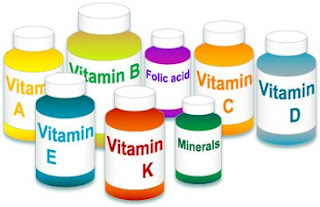My last trip to the market was filled with choices, as usual, and it dawned on me that the tradition of growing heirloom produce is one that may not have been so radically affected by the introduction of harsh chemical pesticides and genetic modification. That said, I am still learning that you need to source your produce no matter what variety they are, but the truth is that heirloom seed varities are open pollinated seed developed before 1940. This means that they have not had the nutrients bred out of them and that the introduction of genetically modified seed into our food stream in the 1980s was lost on them. Because these types of seeds are bred for their flavor and not their durability while being shipped they are more often than not from a local source. They are a viable source of nutrition and you might just be better off buying them if you are sensitive to pesticides and other impurities. Additionally, their seeds will produce fertile seeds that can be saved for subsequent growing seasons giving them an added bonus of "self-sustainability".
As we roll out our campaign to preserve California's rare seed, we will be looking closely at the benefits of heirloom produce and how we can be a part of raising awareness around their place in the market and in home gardens, and what we can do to keep the tradition of growing them alive and untainted. What we know now about the benefits of heirloom fruits and vegetables are:
1. They are a rich source of vitamins and can provide up to 40% of our daily
requirement of immune building nutrients.
2. They add tremendous flavor to your cooking yet are low in calories, sodium and sugar.
3. They are generally more gentle on the environment, because fewer industrial
chemicals are typically needed to support their growth cycles.
4. They have maintained their biodiversity, and a more diverse plant base
tends to better support wildlife.
5. When you buy heirloom produce, you buy "local"; heirloom produce does not ship
well and so they are more likely to have come from a source nearby.
So if you're like me, then you'll want to start using heirloom vegetables as more than just a pretty item in the bowl--but as a main ingredient worthy of our response and of our efforts to maintain their presence in our gardens, in our markets and in our tummies!
To help you source some of the heirloom goodness in your local area, here is a list of a few resources so that you can find heirloom produce in your area:
http://www.theheirloomexpo.com/vendors/2012-vendors/
https://food-hub.org/home
https://www.goodeggs.com/












